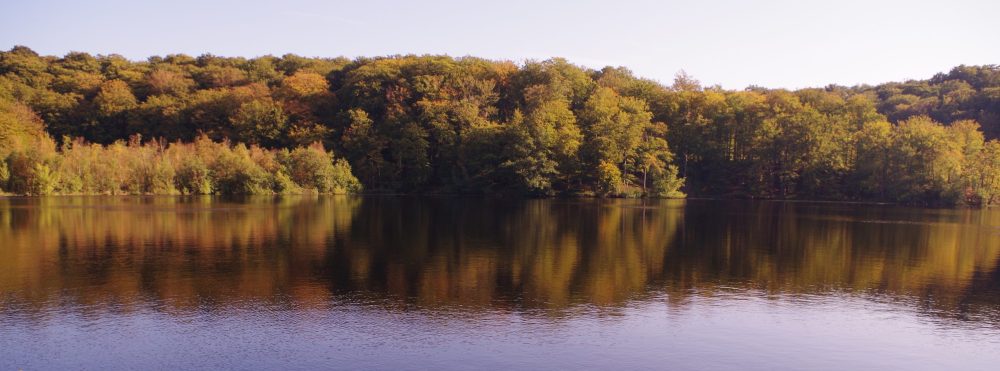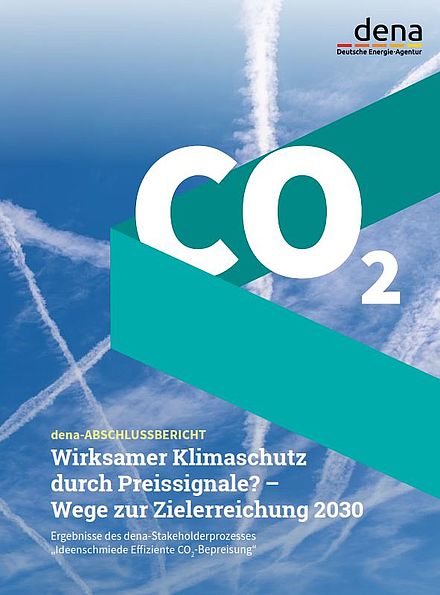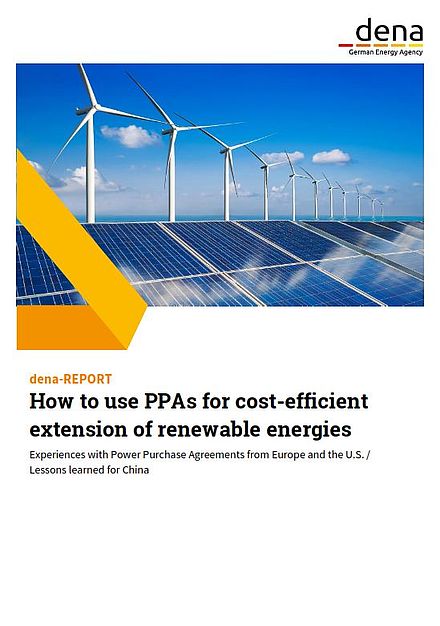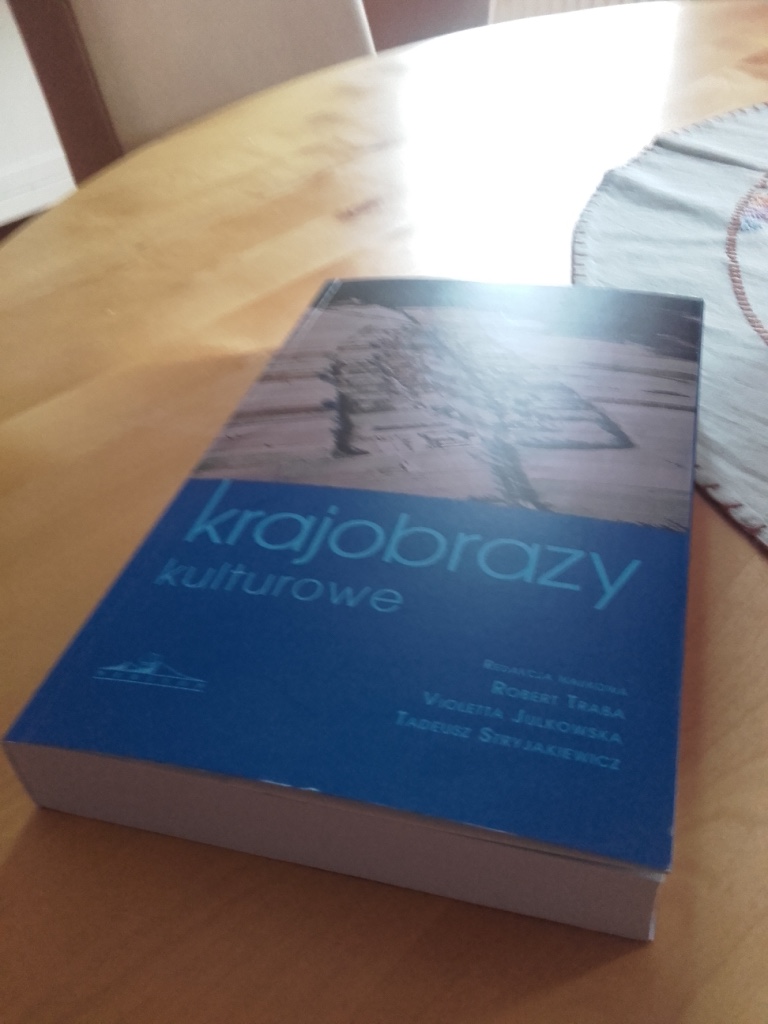 In the last couple of months I have been involved in preparing a report on the issue of land use planning for renewable energy. Dena’s colleagues have been working on this report together with colleagues from the Danish Energy Agency (DEA). It was a part of the joint project energy transition expertise for China CNREC. The report was launched yesterday at the China Wind Power Conference. It is titled: “Distributed Wind and PV in Denmark and Germany”.
In the last couple of months I have been involved in preparing a report on the issue of land use planning for renewable energy. Dena’s colleagues have been working on this report together with colleagues from the Danish Energy Agency (DEA). It was a part of the joint project energy transition expertise for China CNREC. The report was launched yesterday at the China Wind Power Conference. It is titled: “Distributed Wind and PV in Denmark and Germany”.
About the report from its introduction:
“This report describes the current regulations in Denmark and Germany for land use and planning and siting of RE facilities, especially distributed onshore wind and free-field PV systems. In the first section, the status of both onshore wind power and PV in both countries is presented. Afterwards, the planning and siting processes as well as the approval processes for onshore wind farms and free-field PV systems are explained. In this context, it is important to note that, while Denmark is ruled by country-level regulation, in Germany the regulations for land use differ across the federal states, which have the power to issue own rules. The most important differences are briefly presented in this report. Afterwards, the public participation processes are discussed. Finally, lessons learned for China based on the Danish and German experiences with planning and siting onshore wind power plants and free-field PV systems are suggested.“
You may find the whole report
here.
 In the last couple of months I have been involved in preparing a report on the issue of land use planning for renewable energy. Dena’s colleagues have been working on this report together with colleagues from the Danish Energy Agency (DEA). It was a part of the joint project energy transition expertise for China CNREC. The report was launched yesterday at the China Wind Power Conference. It is titled: “Distributed Wind and PV in Denmark and Germany”.
In the last couple of months I have been involved in preparing a report on the issue of land use planning for renewable energy. Dena’s colleagues have been working on this report together with colleagues from the Danish Energy Agency (DEA). It was a part of the joint project energy transition expertise for China CNREC. The report was launched yesterday at the China Wind Power Conference. It is titled: “Distributed Wind and PV in Denmark and Germany”.


